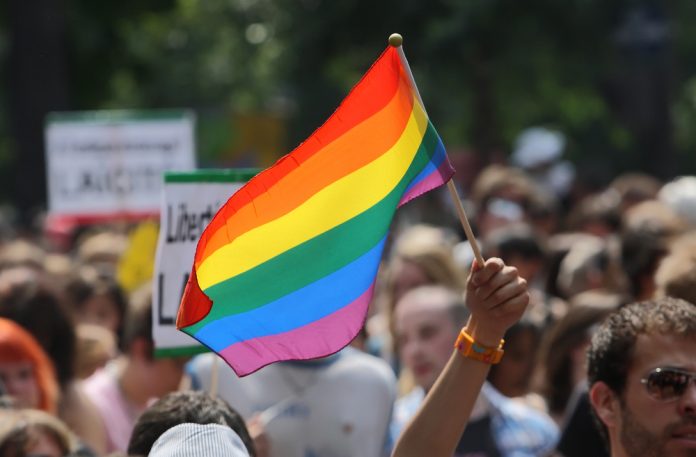India’s Supreme Court has said it will review the law banning sex between same-sex adults.
In a victory for equal-rights campaigners, the court said on Monday it will review section 377 of the Indian penal code, banning “carnal intercourse against the order of nature with any man, woman or animal”.
“What is natural to one may not be natural to others,” said the court. “A section of people or individuals who exercise their choice should never remain in a state of fear.”
The section can lead to life imprisonment. Whilst supreme court said that fewer than 200 individuals in India had been convicted under the legislation, activists have argued that the colonial-era rule leads to widespread blackmail towards LGBTI Indians.
“We are being cautiously optimistic about the development today. We have climbed mountains of hope in the past and come toppling down,” said Harish Iyer, host of “Gaydio”, India’s first radio show on LGBT issues.
The Dehli High Court overturned the ban back in 2009 but it was reinstated in 2013 by the Supreme Court.
Activist, Shaleen Rakesh, referred to the decision as “disappointing and horrible”.
“The priority for the community is to hold our heads up and maintain self-belief and identity. It is not easy to live in a country where you are criminalised.”
“It’s a tremendous blow. It’s unprecedented for a court with a long history of expanding rights to reduce dignity, not protect it,” said Gautham Bhan, a gay activist.
India is largely seen as a conservative society, with the ruling Bharatiya Janata party considered to be hostile to gay rights.
The LBGTI scene is thriving across the country and younger Indians are seen to be the most accepting of homosexuality, although gay dating apps are still seen to warn users that they may be partaking in criminal acts.

